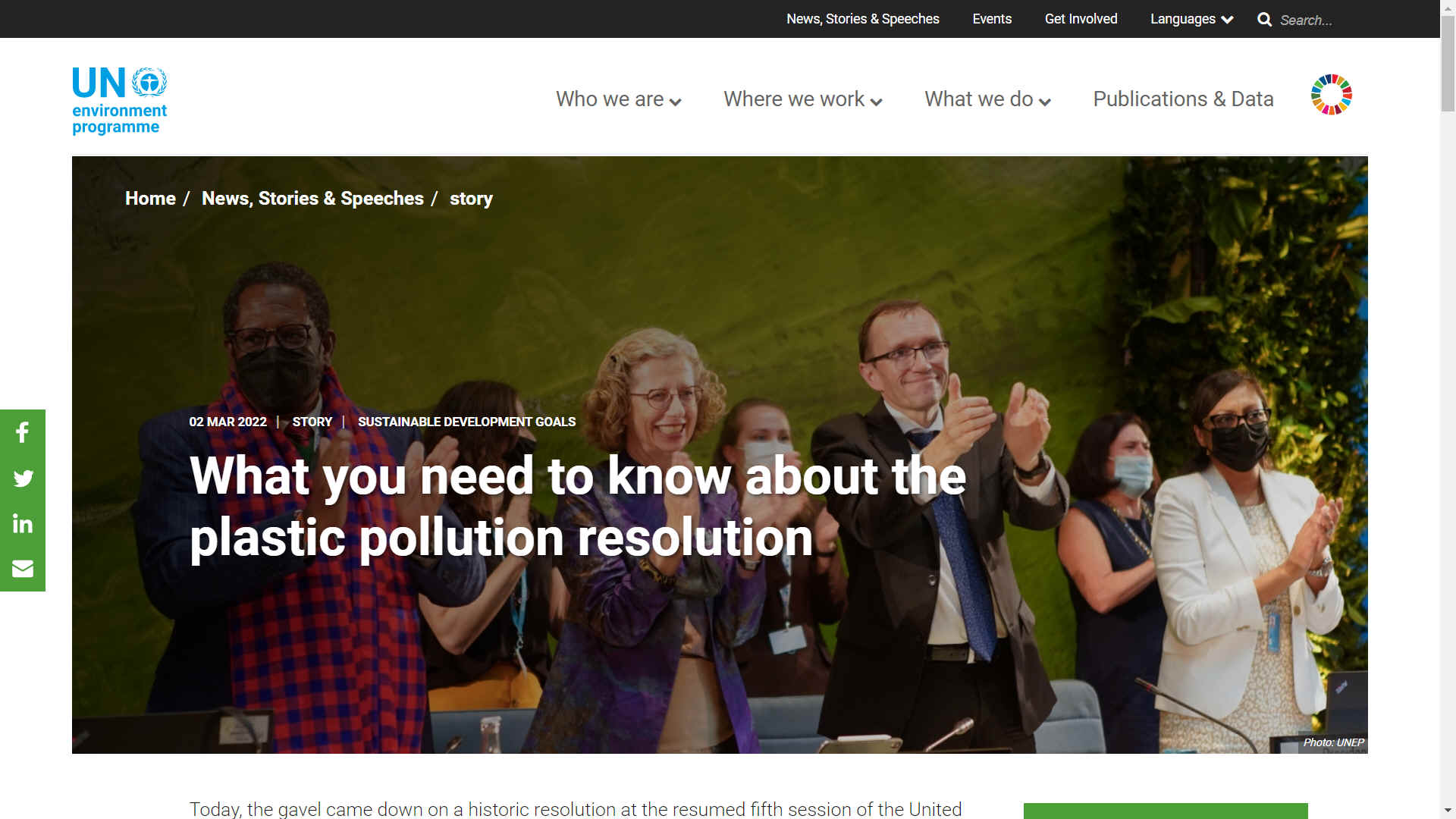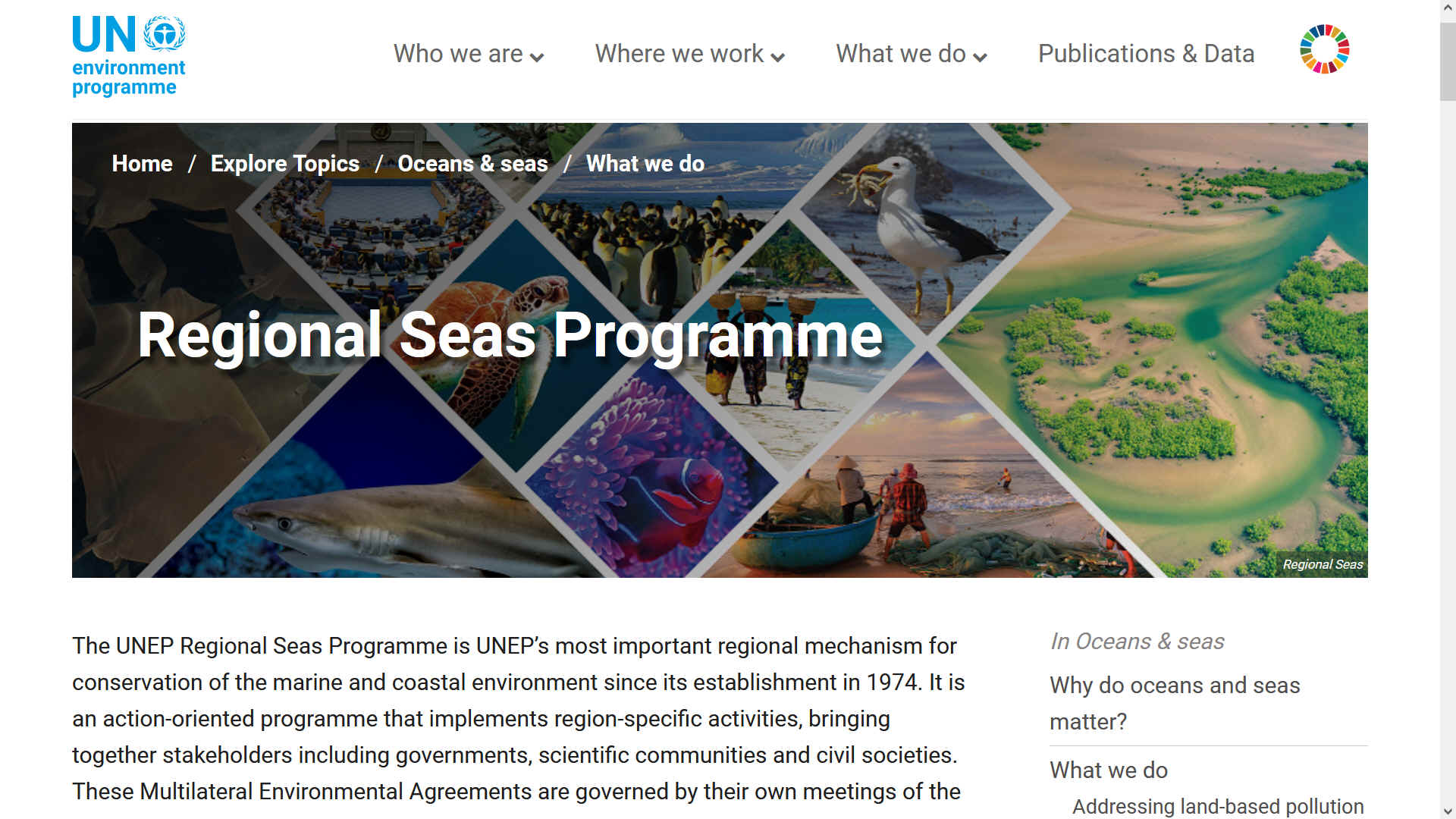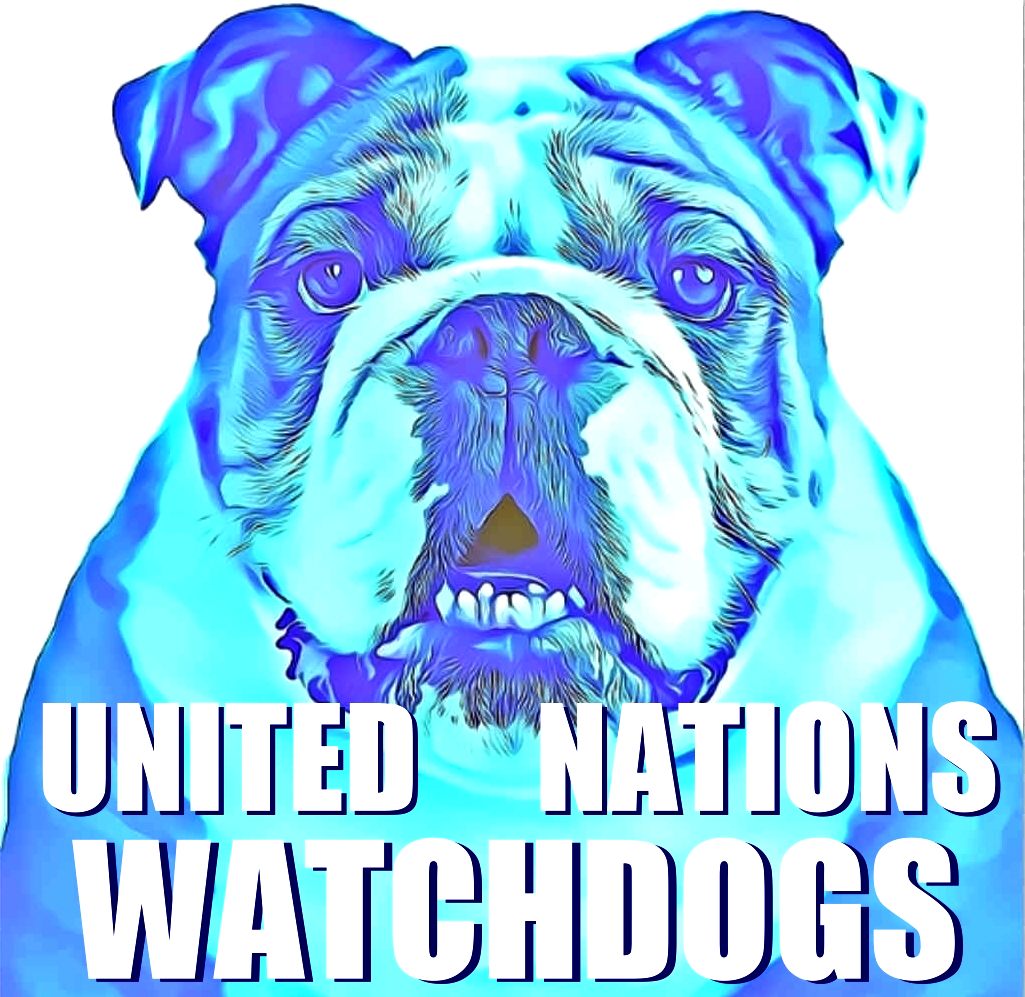|
UNEP - PLASTIC WASTE RESOLUTION 2ND MARCH 2022
Please use our A-Z INDEX to navigate this site or see HOME
|
|
The United Nations Environment Programme (UNEP), along with Member States and stakeholders, have formally launched negotiations to establish a science-policy panel on chemicals, waste and prevention of pollution. The science-policy panel had been requested earlier this year during the fifth
United Nations Environment Assembly.
Sheila Aggarwai-Khan - Click on the picture to read
‘Today marks the start of an ambitious process which aims to provide member states with the opportunity to establish a global body aimed at tackling the third of the global planetary crises in addition to the climate and nature crises: pollution, including from inappropriate management of chemicals and waste,’ said Sheila Aggarwal Khan, Director of Economy Division at UNEP.
PLASTIC WASTE
Every minute, the equivalent of one garbage truck of
plastic is dumped into our ocean.
Today
(2nd March 2022) the gavel came down on a historic resolution at the resumed fifth session of the United Nations Environment Assembly (UNEA-5.2) in Nairobi to end plastic pollution and forge an international legally binding agreement by 2024.
GHOST FISHING GEAR - REPORT BY SECRETARIAT ON THE CONVENTION OF BIOLOGICAL DIVERSITY
The total number of species known to be affected by marine debris is now almost 800 (including effects of ghost fishing reported in recent years). The proportion of cetacean and seabird species affected by marine debris ingestion has risen substantially to 40 per cent and 44 per cent, respectively.
The latest research on the physical and toxicological effects of microplastic is summarized along with evidence of trophic transfer in planktonic food chains in the laboratory and direct uptake of microplastics by invertebrates in the marine environment. Results of studies of plastic marine debris as a novel habitat for unique microbial communities and a potential vector for disease are also provided. The report also addresses the ability of large macrodebris items to transport invasive alien species across oceans, based on evidence from recent records of tsunami debris stranding along the west coast of North America. The impacts of lost, abandoned or discarded fishing gear on marine biodiversity, including long-term effects of ghost fishing and habitat degradation mainly from plastic-based gear.
Marine debris has been identified as a global problem alongside other key environmental issues, such as climate change, ocean acidification and the loss of biodiversity. It is regarded as one of the most significant problems for the marine environment and a major threat to biodiversity. Marine debris is aesthetically detrimental, a hazard
to commercial shipping and fishing vessels, can facilitate the transport of organic and inorganic contaminants and is harmful to marine organisms and potentially also humans.
Plastics are inherently recyclable, although overall recycling rates are currently low for most countries. By recycling end-of-life plastic, it is possible to reduce the accumulation of marine debris but also reduce our demand for fossil fuels. Approximately 8 per cent of global oil production is used to make plastic items, with natural gas also contributing to the production of plastics. Demand for plastic continues to grow.
Forecasts indicate that plastic production will reach 33 billion tonnes by 2050, based on current consumption
trends. Current global estimates for plastic waste indicate that 192 coastal countries generated 275 million tonnes of waste in 2010, of
which between 4.8 and 12.7 million tonnes (1.8 - 4.6 per cent) entered the marine environment. The continual fragmentation of plastic debris items into microplastics means that it is inevitable that
microplastic debris will accumulate in the marine environment.
2. More than 500 marine and coastal species are affected by ingestion of, or entanglement in, marine debris, which includes the effects of ghost fishing.
3. The number of seabird and marine mammal species affected by marine debris ingestion or entanglement is steadily rising.
4. There is increasing recognition of the impact of ghost fishing, with both ecological and socio-economic effects being reported.
5. Microplastics are present in all marine habitats and from the ocean surface to the seabed, and are available to every level of the food web, from primary producers to higher trophic levels.
6. Microplastics are also providing a new habitat in the oceans for microbial communities, although the effects on ocean ecosystems and processes are not yet understood.
7. Although laboratory-based studies have indicated that plastics containing hazardous chemicals can have a detrimental effect on the health of marine organisms, this phenomena has not been clearly shown in the marine environment.
Solutions like SeaVax (above) have been sitting on the shelf, with no takers. Maybe now eco entrepreneurs might get the support they need to make things happen. Previously, the pollution culprits were looking for a free lunch. Such machines can deal with ghost fishing nets. This concept was killed off in 2020, after three attempts to obtain funding from Europe. And two attempts in the UK. The same basic platform, could have been adapted to sweep the Caribbean sea clean of sargassum. By replacing solar/wind power with solar/hydrogen power.
But first, we need to do all we can to turn the plastic tap OFF! It's foolish to try to repair a leaky roof while the rain is pouring in. Funds need to be made available to Maverick developers, not academics or existing corporations - who should have developed solutions by now from their lavish budgets. The machine above was built for less than £120k - as a proof of concept. That included building a test tank, and attending events in London, Brighton and Hastings. The trademark is available as a free license to genuine ocean cleanup projects. All enquiries to Cleaner Ocean Foundation.
NAIROBI 2ND MARCH 2022
- Exposure to plastics can harm human health, potentially affecting fertility, hormonal, metabolic and neurological activity, and open burning of plastics contributes to air pollution.
- By 2050 greenhouse gas emissions associated with plastic production, use and disposal would account for 15 per cent of allowed emissions, under the goal of limiting global warming to 1.5°C (34.7°F).
-
More than 800 marine and coastal species are affected by this pollution through ingestion, entanglement, and other dangers.
- A shift to a circular economy can reduce the volume of plastics entering oceans by over 80 per cent by 2040; reduce virgin plastic production by 55 per cent; save governments US$70 billion by 2040; reduce greenhouse gas emissions by 25 per cent; and create 700,000 additional jobs – mainly in the global south
The historic resolution, titled “End Plastic Pollution: Towards an internationally legally binding instrument” was adopted with the conclusion of the three-day UNEA-5.2 meeting, attended by more than 3,400 in-person and 1,500 online participants from UN Member States.
GOVERNMENT CONTRIBUTOR QUOTES
MARINE WASTE
Environmental work includes looking at marine litter and plastic as is spread throughout the Pacific Ocean, Indian Ocean, Atlantic Ocean, Mediterranean Sea and Caribbean Sea, but not actually collecting or processing waste operationally.
Plastic waste though, is on the increase. Mainly because there is no funding for major cleanup operations, or to develop any effective means of filtering micro and macro plastics from seawater.
Much plastic enters the oceans via rivers, that are for the most part not monitored, and have no cleaning systems to harvest surface waste.
Then, there are ghost fishing nets. Again, there is no official programme for dealing with offending fishermen, or for collecting discarded nets. Recovery is reliant on small organizations and volunteers, who can only retrieve the occasional net. With huge thanks for their sterling efforts. These nets and ropes make up much of the garbage patches.
Another important issue is chemical spillages from agriculture and industry, into the sea, one of the causes of sargassum proliferating in the Sargasso Sea, then finding its way to the Gulf of Mexico and Caribbean Islands, where it ruins the local economy and ecology. Recovered seaweed could be useful for:
BIODIESEL - BIOMASS - BUILDING MATERIALS - CANCER CURES - CLOTHING & SHOES - CO2 SEQUESTRATION COSMETICS - FERTILIZERS - FOODS - MEDICINES - MINERALS - PACKAGING - SUPPLEMENTS - VITAMINS
'UNEP' is the United Nations Environment Programme. Their mission is to provide leadership and encourage partnership in caring for the environment by inspiring, informing, and enabling nations and peoples to improve their quality of life without compromising that of future generations. In our view leadership equals actions. Doing not talking about doing. The difference between having an idea, and doing it - is doing it. Anyone can talk about doing things and encourage other people to take risks and think creatively, but few step into the arena and act on their ideas - putting their time and money where their mouths are.
|
|
FUNDING ENVIRONMENTAL STRATEGIC ACTION SARGASSUM WHITE PAPER - TURNING A CRISIS INTO AN OPPORTUNITY
|
|
|
CONTACTS
United Nations Avenue, Gigiri
Address : 14-20 Port Royal Street Kingston,
Jamaica W.I. Website: https://www.unenvironment.org/cep/
Regional Office for Europe
LINKS & REFERENCE
https://www.cbd.int/doc/publications/cbd-ts-83-en.pdf https://www.pewtrusts.org/en/research-and-analysis/articles/2020/07/23/breaking-the-plastic-wave-top-findings https://www.soci.org/news/2022/10/unep-spearheads-new-panel-to-combat-waste-and-pollution https://www.unep.org/news-and-stories/press-release/historic-day-campaign-beat-plastic-pollution-nations-commit-develop https://www.unep.org/
|
|
|
WORLD PEACE - May only be achieved when member nations fully endorse and action sustainable development, such that food, energy, housing and industry all work together like a well oiled machine, in harmony with nature. Working in harmony, means not over-exploiting mother earth's natural resources, not killing flora or fauna past their recovery limits, and not adding to global warming.
|
|
|
Please use our A-Z INDEX to navigate this site, or return HOME
|
|
|
This website is Copyright © 2022 Climate Change Trust & Injustice Alliance The views, performance reviews and opinions of the Trust are protected by Articles 18 and 19 of the Universal Declaration of Human Rights.
|



